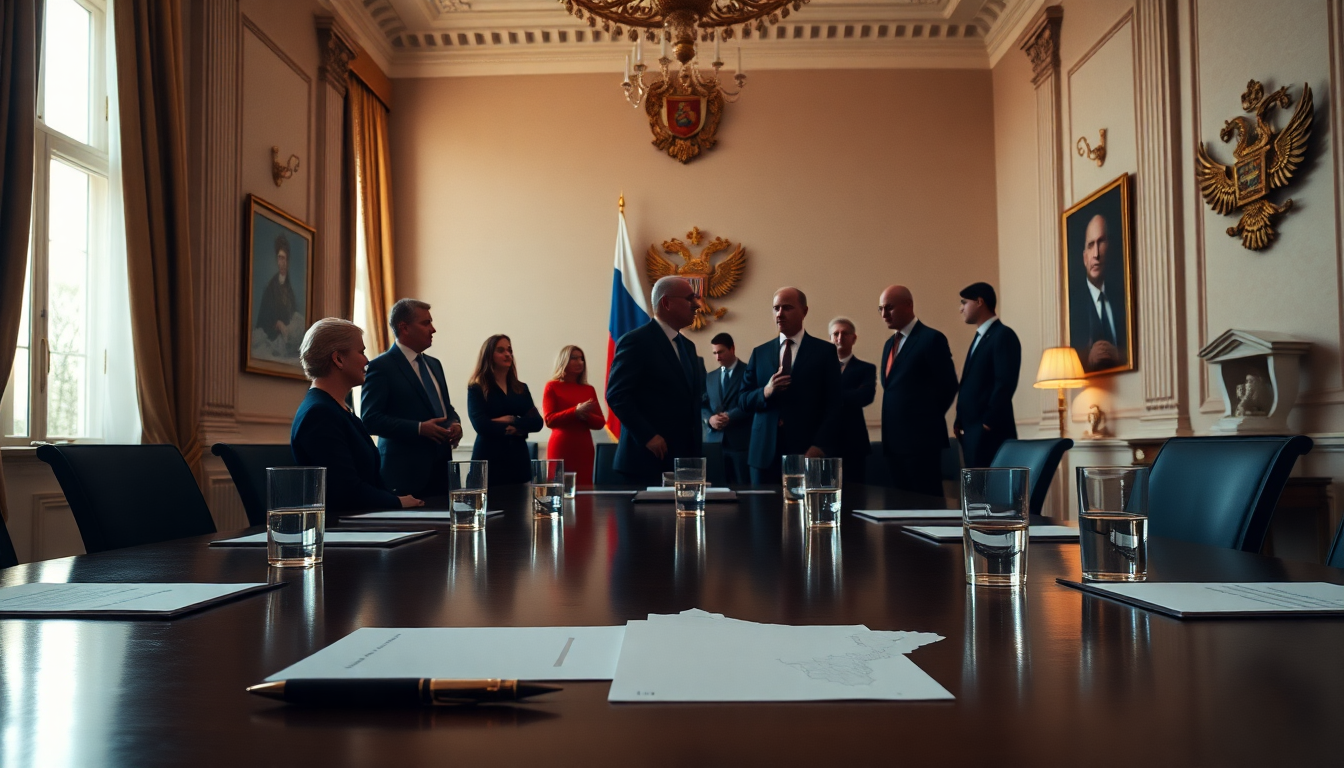Table of Contents
In a surprising twist in global diplomacy, Russia has officially recognized the Taliban government in Afghanistan. This marks a pivotal moment in international relations, especially considering the complex history between Moscow and the Taliban, particularly since the latter regained control of the country in August 2021. As the first nation to extend this recognition, Russia’s move could signal a shift in power dynamics in the region and raises important questions about what the future holds for Afghanistan on the world stage.
Rethinking Relations with the Taliban
After the U.S. troops pulled out of Afghanistan, the Taliban’s return to power prompted many countries to reconsider their stances toward the group. Russia, which had previously labeled the Taliban a terrorist organization, is now taking a more pragmatic approach. The Russian Ministry of Foreign Affairs has stated that this recognition is aimed at fostering productive cooperation across various sectors. But what does this really mean for future interactions?
Afghan Foreign Minister Amir Khan Muttaqi has called this recognition a bold step that could inspire other nations to follow suit. This acknowledgment allows the Taliban to engage more actively with the international community, potentially alleviating the severe economic isolation the country has endured since their takeover. But will other countries be willing to join Russia in this new diplomatic path?
As Moscow positions itself as a regional player, Western powers, particularly the United States, are keeping a close eye on these developments. The ongoing sanctions against Taliban leaders and the freezing of Afghanistan’s central bank assets present significant hurdles for the new regime, which remains largely cut off from the global financial system. How will the Taliban navigate these challenges?
Geopolitical Implications and Economic Interests
Russia’s decision to recognize the Taliban fits into its broader strategy of boosting its influence in Central Asia while countering U.S. dominance. This recognition not only signifies a shift in Russia’s foreign policy but also underscores its interest in building economic ties with Afghanistan, particularly in energy transport. Plans to use Afghanistan as a transit hub for gas to Southeast Asia are a clear indication of Russia’s intent to seize potential economic opportunities in the region.
The historical backdrop of Russia’s relationship with the Taliban adds another layer to this recognition. The Taliban emerged during the Afghan Civil War, initially rooted in U.S.-supported Mujahideen factions. Following their defeat in the Soviet-Afghan War, Russia branded the Taliban as terrorists due to their support for separatist movements in the North Caucasus. However, the Taliban’s resurgence has prompted a necessary reassessment of their role in regional stability and security. What are the implications of this historical context for current relations?
By engaging with the Taliban, Russia aims to position itself as a key player in the global fight against terrorism, particularly against groups like ISIS-Khorasan Province (ISKP), which threaten both Afghanistan and Russia. President Vladimir Putin’s framing of the Taliban as allies in the battle against terrorism reveals this strategic pivot. But can these unlikely allies truly work together?
Looking Ahead: The Future of Afghanistan
As Afghanistan embarks on this new political journey, the ramifications of Russia’s recognition could ripple across the region. The Taliban still grapples with the challenge of gaining broad international legitimacy, as no global organization officially recognizes their government. The United Nations refers to them as the “de facto authorities,” highlighting the ongoing reluctance among many nations to fully embrace the regime. What will it take for the Taliban to gain that recognition?
The shifting diplomatic landscape hints that other countries might follow Russia’s lead, especially if the Taliban can showcase stability and effective governance. This recognition could open doors for increased diplomatic interactions and economic partnerships. However, it also raises significant concerns about the Taliban’s commitment to human rights and good governance. Can they really meet the expectations of the international community?
In summary, Russia’s recognition of the Taliban is a landmark decision that could reshape the geopolitical dynamics of Central Asia. As countries deliberate their options for engagement with Afghanistan, the next few months will be crucial in determining the Taliban’s ability to integrate into the international community and, ultimately, the future stability of Afghanistan. Will this be the beginning of a new era for the nation, or just another chapter in its tumultuous history?


